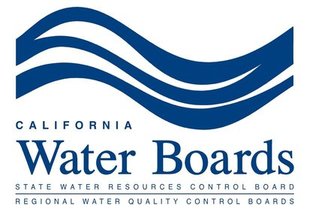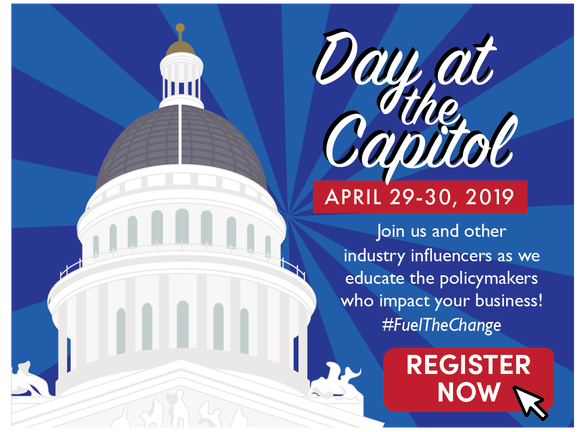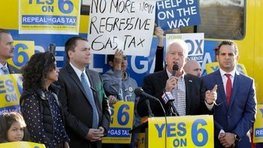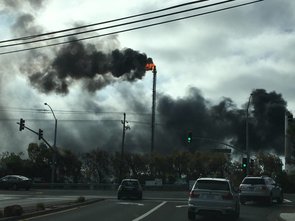CFCA is sad to announce the passing of former POC president, John Cooper.
John, of Allied Petroleum, was a fixture of POC during its time in Reno, and will be sorely missed. John was a dedicated member of the industry.
John, best known as "Coop" passed away Sunday, October 14th, 2018 at his home in Gold Canyon, Arizona. John was born June 21, 1941 in Stettler, Alberta, but was proud to have taken root in the United States and became an American citizen in the early seventies.
|
OPIS continually strives to ensure its methodology accurately reflects existing market conditions and that our rack reports follow that methodology consistently and in accordance with observed market behavior.
To that end, OPIS is seeking feedback from subscribers on a proposal to change the time of the OPIS Closing Benchmark. The current OPIS Closing Benchmark publishes by 5:59 pm Eastern time. This means that prices effective up until that time may be reflected in the OPIS Rack Closing Benchmark.
|
Earlier this month, and after years of CFCA efforts, the Pipeline and Hazardous Materials Safety Administration (PHMSA) preempted California's meal and rest break rules for hazmat drivers, allowing fuel companies and others to safely deliver fuel to consumers. For months, CFCA has sent letters to federal officials urging them to address this issue and last month, The American Trucking Association filed a petition with the Federal Motor Carrier Safety Administration, asking the agency to take similar action for all drivers in California.
The State of California has formally appealed PHMSA's preemption, yet we do not expect it to have any effect.
If you would like to submit comments and explain how California's meal and rest break rules have affected your business, please submit them with FMCSA in the link below.
Please be sure to include the docket number in your comments: FMCSA-2018-0304
|
We all know that California's government has spent millions developing charging infrastructure for electric vehicles. They are becoming seemingly ubiquitous around the state and they are showing no signs of slowing down.
Yet, one thing stands out... there's hardly ever an EV parked at one. CFCA wants your pictures of this excessive taxpayer waste. We want your pictures of EV charging stations throughout the state that sit empty, or better yet, used by non-electric vehicles.
Send them directly to CFCA via email, or you can share them to CFCA's social media channels yourself with the hashtags #EVacuated and #dEVoid.
Let's see who can capture the best image of this taxpayer waste!
|
Since its inception, Trinity Consultants has been committed to providing superior professional training in environmental topics. Our annual schedule includes more than 200 courses, offered at locations around the country, on timely topics for environmental professionals such as environmental permitting, emissions quantification and reporting, air dispersion modeling, greenhouse gas emissions reporting and permitting, stack testing, and CEMS management.
In addition to our federally-based regulatory courses, we also offer a large slate of state-specific courses, bringing the added value of information on specific state and local programs and insights gained from our experience working with the local regulatory agencies.
Free CARB Regulatory Training in Your Area!
|
The State Water Resource Control Board will be holding webinars to discuss the UST changes that went into effect October 1, 2018. This is an great way to ensure any underground storage tanks are compliant and to have your questions answered by the authors of the regulations. Space on the webcast is limited so be sure to log on early.
|
Much of the dust has settled and Tuesday’s election results were a mixed bag when looking at the House vs the Senate. One thing that became clear early was that despite the Democrats taking control of the House for the upcoming 116th Congress, the predicted overwhelming "Blue Wave" failed to materialize. Democrat gains in the House were more in line with historical norms, and they lost ground in the Senate. The Democrat party also had a good night at the state level, with wins in key Governors' races and gains in state legislatures.
|
On September 27, 2018, the California Air Resources Board (CARB) passed Resolution 18-34, extending the Low Carbon Fuel Standard (LCFS) Program to 2030 and making significant changes to the design and implementation of the Program.
This blog outlines seven takeaways for market participants and stakeholders.
|
We started hearing reports of excessive corrosion in ultra low sulfur diesel (ULSD) tanks in 2007, shortly after diesel sulfur content was reduced to 15 parts per million. Reports at the time were random and limited in number but gradually increased in frequency and urgency. Today, concerns about corrosion in ULSD tanks has reached serious levels and reported incidents have become nearly ubiquitous. (See U.S. Environmental Protection Agency Office of Underground Storage Tanksfor more information.)
The issue has become so pronounced that NACS and PEI both featured education sessions on corrosion, with panelists speaking to standing room only audiences. And on the trade show floor, there seemed to be an endless number of exhibitors showcasing their services and products for detecting, controlling and remediating contaminated USTs. I met with most of these exhibitors and spoke with the presenters from the sessions - they all agreed that the number one enemy of the UST is water and the first thing a tank owner must do is be diligent about monitoring and maintaining the system.
|
California voters on Tuesday rejected Proposition 6, a measure to repeal a recent increase in the state's gas tax and one that, in many ways, determines the fate of California's roads, bridges and transit.
The measure, which lost by a nearly 11 percentage points, would have repealed a law passed last year, called SB1, that increased the tax on gasoline by 12 cents and the tax on diesel by 20 cents per gallon. The same law also increased registration fees by an average of $50 per vehicle and imposed an additional $100 fee for vehicles that don't use gasoline.
|
rom the outside it doesn’t make a whole lot of sense. The state of Washington, about as environmentally progressive a place as there is in the US, rejected an ambitious plan to fight climate change Tuesday night. A ballot initiative known as 1631 would have pumped about $1 billion per year into non-climate-destroying investments, money that would have been raised by charging carbon producers $15 per ton, and increasing that tax by $2 a year. The plan was endorsed by labor unions, tribal nations, and low-income communities. It had billionaire backing from Michael Bloomberg and Bill Gates. Pearl Jam was stoked on it. But in the end, 1631 was defeated. Why?
|
|

 Member News
Member News Member Benefits
Member Benefits Education
Education Industry News
Industry News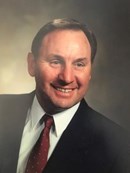

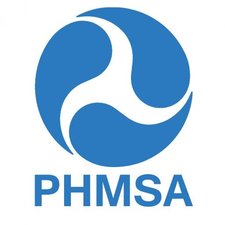
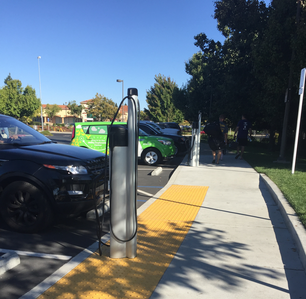


.png)
